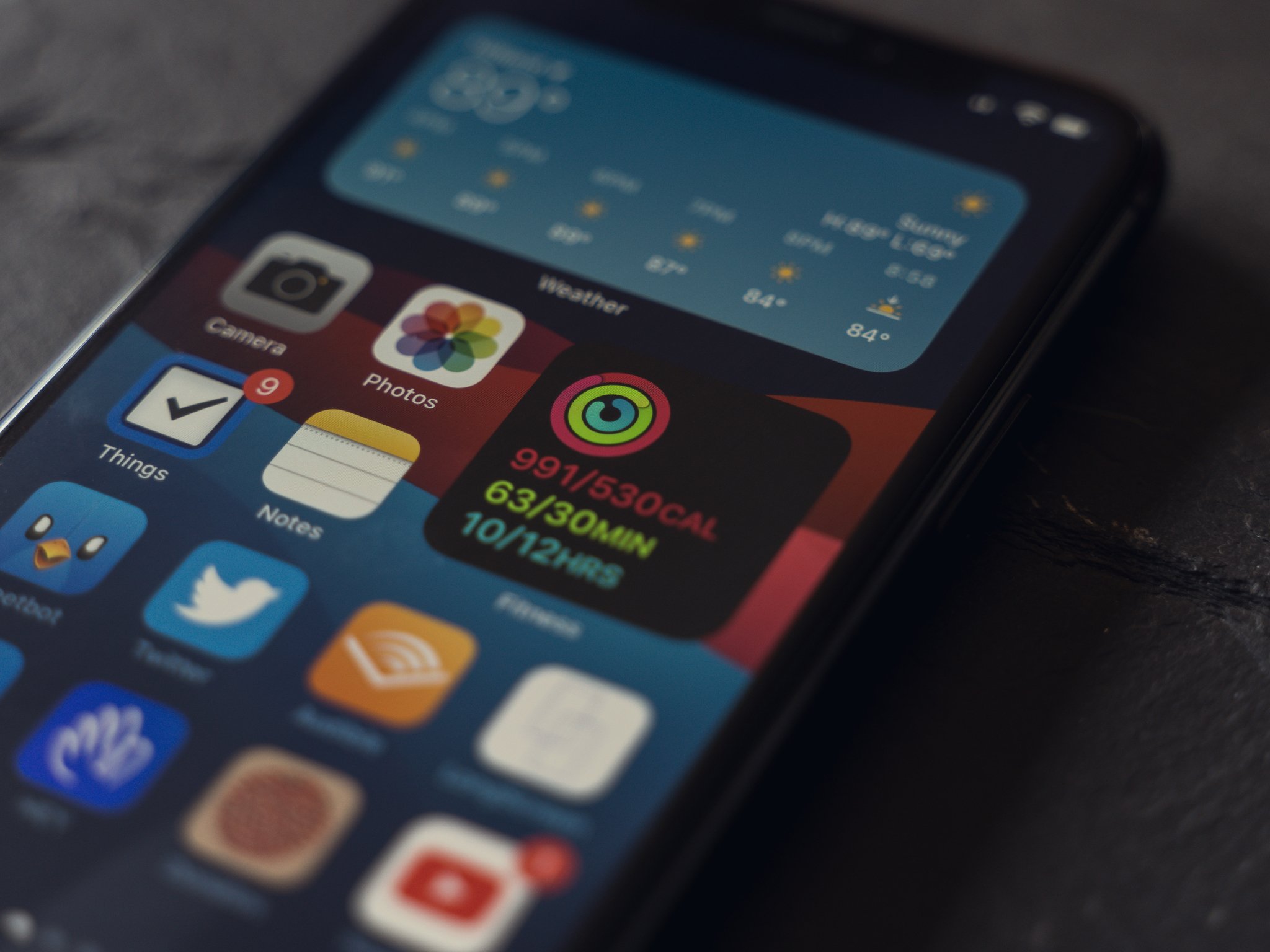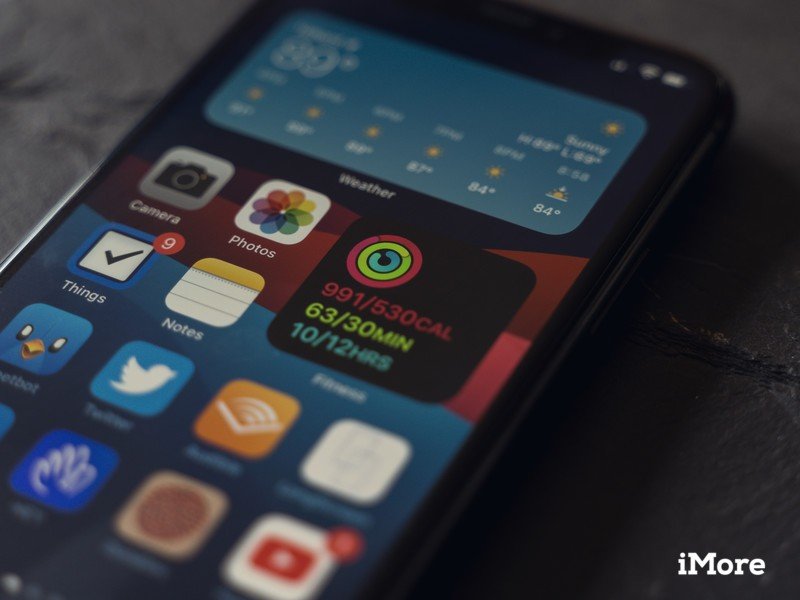 Source: Joseph Keller / iMore
Source: Joseph Keller / iMore
South Korea’s National Assembly has passed a law that will force Apple to let developers use alternative payment methods on its iOS App Store, on a momentous day in the global antitrust battle.
Google and Apple Inc. will have to open their app stores to alternative payment systems in South Korea, threatening their lucrative commissions on digital sales.
A bill passed Tuesday by South Korea’s National Assembly is the first in the world to dent the tech giants’ dominance over how apps on their platforms sell their digital goods. It will become law once signed by President Moon Jae-in, whose party strongly endorsed the legislation.
The law is an amendment to the Telecommunications Business Act that will prevent Apple and Google from requiring that developers use their own in-app payment methods on places like the iOS App Store and Google Play. The law also has provisions for preventing unreasonable delay to approval of apps or deleting them from the marketplace so as to prevent retalation. Failure to comply could mean massive fines for Apple, up to 3% of the company’s total revenue in the country. It means developers will be able to process payments using methods other than Apple’s in-app purchase methods, potentially depriving Apple of its commission on transactions, although the company has previously said it would still need to collect commission from developers even if they used other payment methods.
In an official statement from Apple provided to iMore the company stated:
“The proposed Telecommunications Business Act will put users who purchase digital goods from other sources at risk of fraud, undermine their privacy protections, make it difficult to manage their purchases, and features like “Ask to Buy” and Parental Controls will become less effective. We believe user trust in App Store purchases will decrease as a result of this proposal—leading to fewer opportunities for the over 482,000 registered developers in Korea who have earned more than KRW8.55 trillion to date with Apple.”
The statement matches previous ones issued by the company in response to the legislation prior to its approval. The law passed in South Korea addresses at least one of the points of contention raised by Epic Games in its lawsuit against Apple in the U.S. and other countries. Epic Games CEO Tim Sweeney hailed the move stating “Korea is first in open platforms!”:
The move is a huge announcement with just weeks to go before Apple announces iPhone 13, which reports indicate will be the company’s best iPhone to date.

